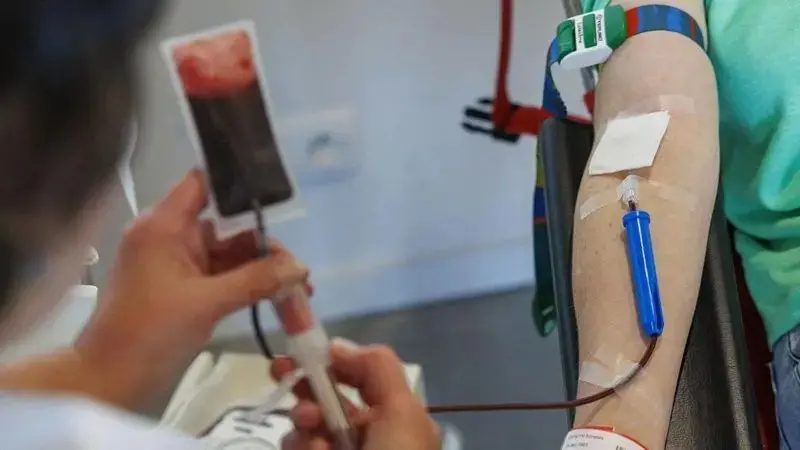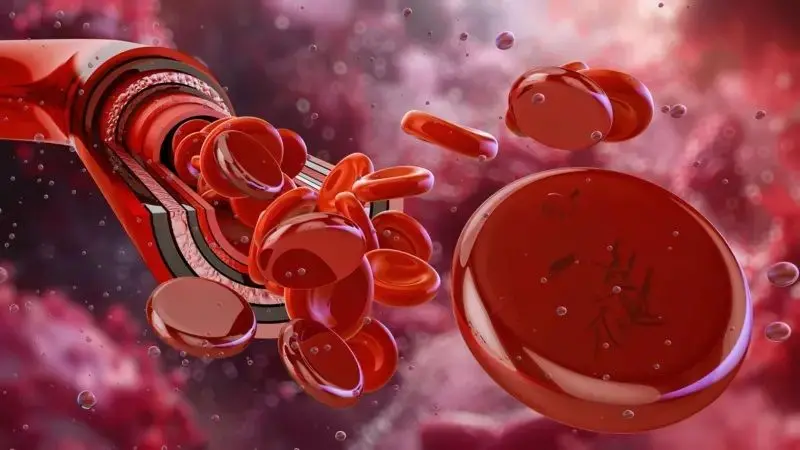“Bounce‑back” or “snap‑back” culture refers to the intense social and media‑driven pressure for women to return to their pre-pregnancy bodies soon after childbirth. Here's why this pressure exists—and why it's harmful: 🌍 Why society pushes women to "bounce back" Media & Celebrity Portrayals PostRead more
“Bounce‑back” or “snap‑back” culture refers to the intense social and media‑driven pressure for women to return to their pre-pregnancy bodies soon after childbirth. Here’s why this pressure exists—and why it’s harmful:
🌍 Why society pushes women to “bounce back”
- Media & Celebrity Portrayals
Postpartum coverage routinely highlights celebrity mothers who “snap back” within weeks. Images and narratives in fashion magazines, social media, and entertainment push the thin ideal and normalize rapid recovery via hashtags like #BounceBack, #FitMom and #BeatTheMomBod (PubMed, Adelaide Now, Don’t Bounce Back, Bounce Forward). - Cultural Norms & Thin-Ideal Standards
Society places a premium on women’s appearance. The expectation to erase visible signs of pregnancy (like stretch marks or a softer belly) aligns with cultural ideals of productivity, control, and aesthetic perfection (PubMed, herconversation.com). - Social Media Algorithms
Algorithms amplify “before-and-after” posts—especially those showing quick transformations—leading new mothers to see only curated perfection, distorting reality and prompting comparisons (Adelaide Now). - Misinformed Medical Messaging
Women often report that healthcare providers focus far more on postpartum weight than on emotional or functional recovery. Conversations about wellness get derailed into discussions about scale numbers (herconversation.com).
⚠️ Why bounce-back culture hurts—which mothers say and research confirms
🧠 Mental Health & Self-Esteem
Women exposed to “fitspiration” content (#fitspo) tend to have higher anxiety and lower body satisfaction, while #bodypositive (#bopo) content can improve self-image. However, those highly prone to social comparison suffer most when viewing fitspo content (PubMed).
Reddit mothers frequently express feeling like outliers if they don’t “bounce back,” experiencing shame, self-blame, and disappointment when their bodies evolve naturally (She Is…).
🩺 Physical Health Risks
Pushing to regain pre-pregnancy shape too quickly can lead to injuries like pelvic floor issues or diastasis recti. It can impede healing, reduce milk supply, and exacerbate fatigue and postpartum fatigue (Twin Root Wellness).
📉 Postpartum Depression & Isolation
Pressure to meet unrealistic body expectations contributes to postpartum depression. Many women feel ashamed or socially isolated when their bodies don’t conform—and some even avoid follow-up medical care to escape judgment (herconversation.com, Reddit).
💪 What women really need instead
Time, grace, and realistic support. Recovery isn’t a competition—it’s a deeply personal journey. Experts and advocates emphasize:
- Listening to your body, restoring function before appearance
- Shifting from appearance-based goals to holistic wellbeing, like strength, rest, mental health (library.joy.co, Twin Root Wellness)
- Choosing media that reflect authenticity over perfection—e.g. genuine postpartum images, not filters and idealism (She Is…, Adelaide Now)
- Cultivating community: support groups, peer relationships, body-positive spaces reduce isolation and increase acceptance (Pregnancy & Newborn Magazine, She Is…)
🧭 Voices from mothers themselves
“Why is Snap Back culture the only kind of content I ever see… It makes me feel like I’m doing something wrong…” (Reddit)
“I’ve been told I need to work harder to bounce back because I’m not doing it quick enough… my body is still pretty broken.” (Reddit)
✅ Bottom Line
“Bounce-back” culture is a socially constructed, media-reinforced expectation that pressures women to erase visible signs of childbirth quickly. It undermines genuine postpartum recovery and reinforces harmful ideals. Choosing self-compassion, real healthcare support, and realistic timelines is more empowering—and healthier—for women as they heal and redefine themselves after birth.
Would you like resources to find body-positive communities, postpartum support groups, or guidance on safe exercise planning that respects your healing journey?
See less















بلقیس عالم کہتی ہیں کہ اس طریقے کے بارے میں انتہائی حیران کُن غلط فہمی پاکستان میں پائی جاتی ہے۔
بلقیس عالم کہتی ہیں کہ اس طریقے کے بارے میں انتہائی حیران کُن غلط فہمی پاکستان میں پائی جاتی ہے۔






See less